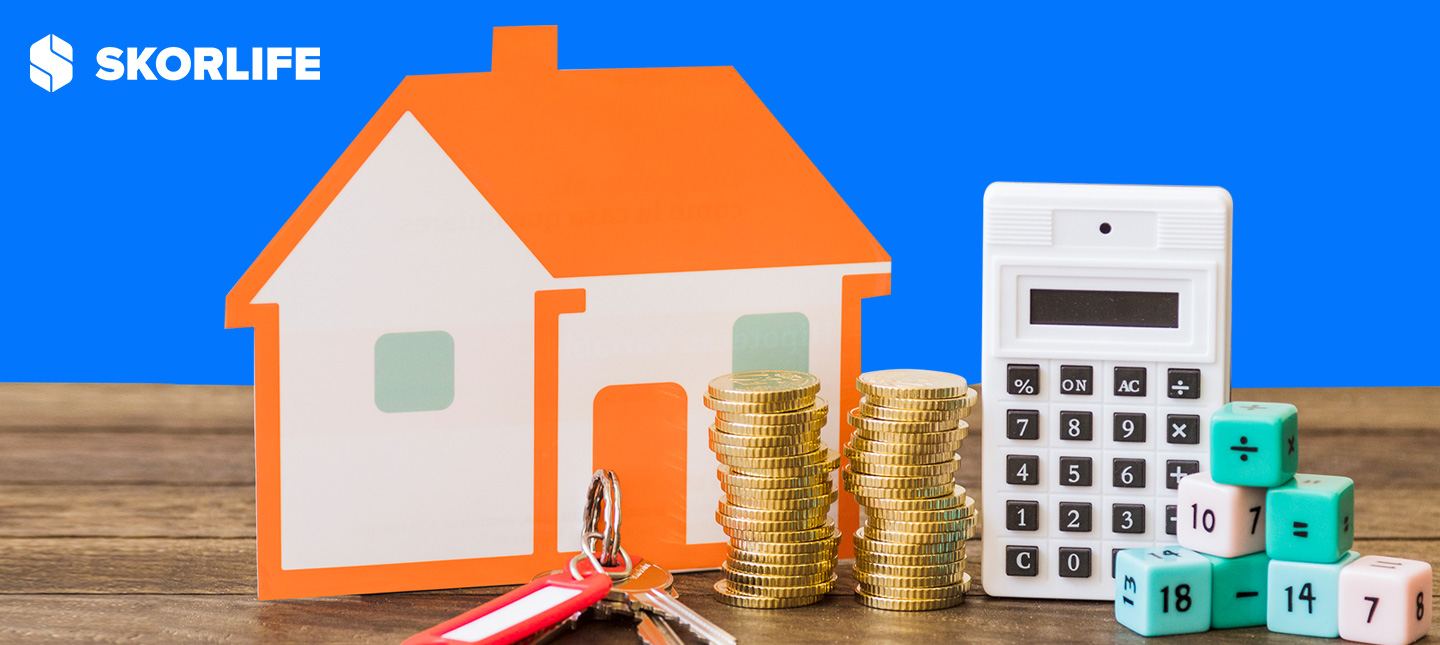The age-old debate of whether it’s more profitable to rent or buy a home is a complex and personal decision that individuals and families grapple with when considering their housing choices. Each option comes with its own set of advantages, disadvantages, and financial implications. Join us on a comprehensive exploration of the renting vs. buying dilemma, shedding light on the factors that can guide this critical decision-making process.

The Renting Advantage: Flexibility and Financial Leverage
- Flexibility in Living Arrangements:
Renting provides unparalleled flexibility. Individuals who foresee changes in their career, lifestyle, or family size may find the ability to relocate easily without the commitment of homeownership a significant advantage. - Minimized Financial Responsibility:
Renters often enjoy reduced financial responsibilities compared to homeowners. Maintenance costs, property taxes, and homeowner’s insurance are typically the landlord’s responsibility, freeing renters from unexpected financial burdens. - Investment Opportunities Elsewhere:
By choosing to rent, individuals can redirect the funds that would have gone into a down payment or mortgage payments towards alternative investments. This can include stocks, bonds, or entrepreneurial ventures, potentially yielding higher returns.
The Buying Proposition: Building Equity and Long-Term Stability
- Equity Building Through Mortgage Payments:
One of the primary advantages of homeownership is the ability to build equity. With each mortgage payment, a portion goes towards the principal, contributing to the homeowner’s ownership stake in the property. - Stability and Predictable Payments:
Owning a home provides a stable living environment with predictable mortgage payments. Unlike rental costs that may increase over time, fixed-rate mortgages offer consistency, making it easier for homeowners to budget and plan for the future. - Appreciation and Potential Profit:
Real estate has historically appreciated over time. Homeowners can potentially benefit from the appreciation of their property, building wealth that can be tapped into through selling or refinancing.
Financial Considerations: Crunching the Numbers
- Upfront Costs and Affordability:
Renting is often associated with lower upfront costs, making it more accessible for those with limited savings. On the other hand, buying a home requires a substantial down payment, closing costs, and ongoing financial commitments. - Monthly Cash Flow:
Renting generally offers more immediate positive cash flow, as rental payments are typically lower than monthly mortgage payments. However, the equity-building aspect of mortgage payments makes homeownership a long-term investment. - Tax Implications:
Homeownership comes with potential tax advantages, including deductions for mortgage interest and property taxes. Renters, on the other hand, do not benefit from these tax incentives.
Market Conditions: Riding the Waves of Real Estate
- Home Value Fluctuations:
The real estate market is subject to fluctuations, and homeowners may experience changes in the value of their property. Depending on the timing of purchase and sale, homeowners can either profit from or be affected by market conditions. - Rent Escalations:
Renters may face rent escalations, particularly in high-demand areas. These increases can impact the overall cost of renting over time, making it essential for renters to consider the potential for rising rental prices. - Interest Rates and Affordability:
The prevailing interest rates significantly impact the affordability of homeownership. Low-interest rates can make buying more attractive, while high rates may deter potential buyers.
Lifestyle Considerations: Tailoring Housing to Individual Needs
- Maintenance Responsibilities:
Homeownership comes with the responsibility of maintenance and repairs. Homeowners need to budget and allocate time for upkeep, while renters can rely on landlords for these tasks. - Long-Term vs. Short-Term Commitments:
Renting is an ideal option for those seeking short-term commitments or those who value the flexibility to explore different living arrangements. Homeownership is better suited for those looking for stability and a long-term investment. - Personalization and Control:
Homeownership provides the freedom to personalize and modify the property to one’s liking. Renters, however, may have limitations on making structural changes or renovations.
Risk Management: Mitigating Potential Downsides
- Market Risk in Real Estate:
The real estate market is not immune to economic downturns. Homeowners may face the risk of property value depreciation during challenging economic times, impacting the potential returns on investment. - Renting Risks:
Renters face the risk of rent increases, potential eviction, or changes in the landlord’s property management decisions. The lack of control over the property’s fate is a notable consideration for those opting to rent. - Economic Stability and Employment:
Economic uncertainties and fluctuations in employment can impact both renters and homeowners. Those with stable employment may find homeownership more secure, while renters may have the flexibility to adapt to changing job circumstances.
Conclusion: Decoding the Housing Conundrum
In the perennial debate of renting vs. buying, there is no one-size-fits-all answer. The decision hinges on a myriad of factors, including individual financial
situations, lifestyle preferences, and long-term goals. Renting offers flexibility and reduced financial responsibilities, while homeownership provides the opportunity to build equity and establish long-term stability. Ultimately, the key lies in a thorough examination of personal circumstances, financial readiness, and a clear understanding of short-term convenience versus long-term investment. Whether one chooses to rent or buy, the journey towards a fulfilling and secure housing experience is a personal exploration that shapes the way individuals define home.